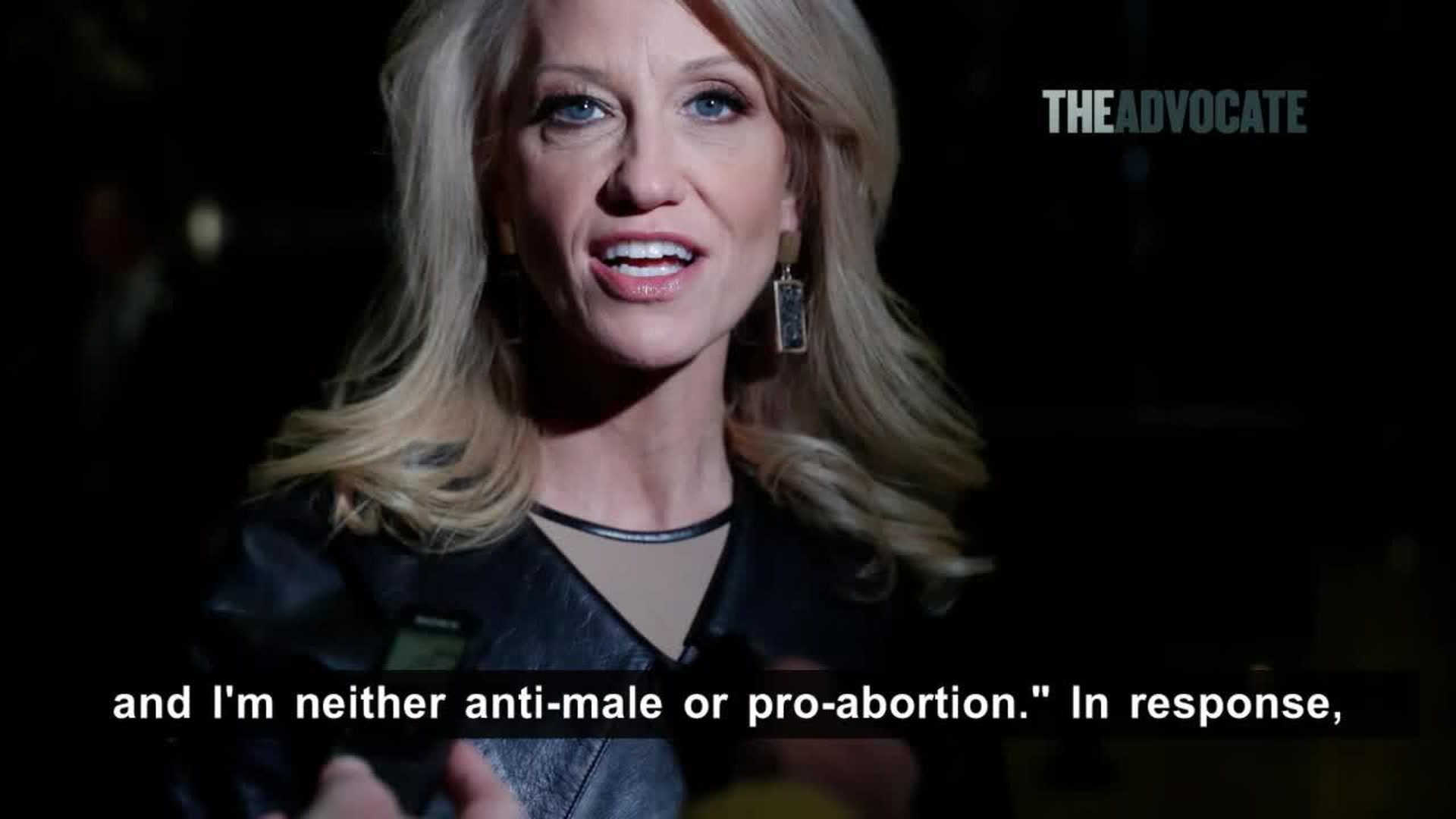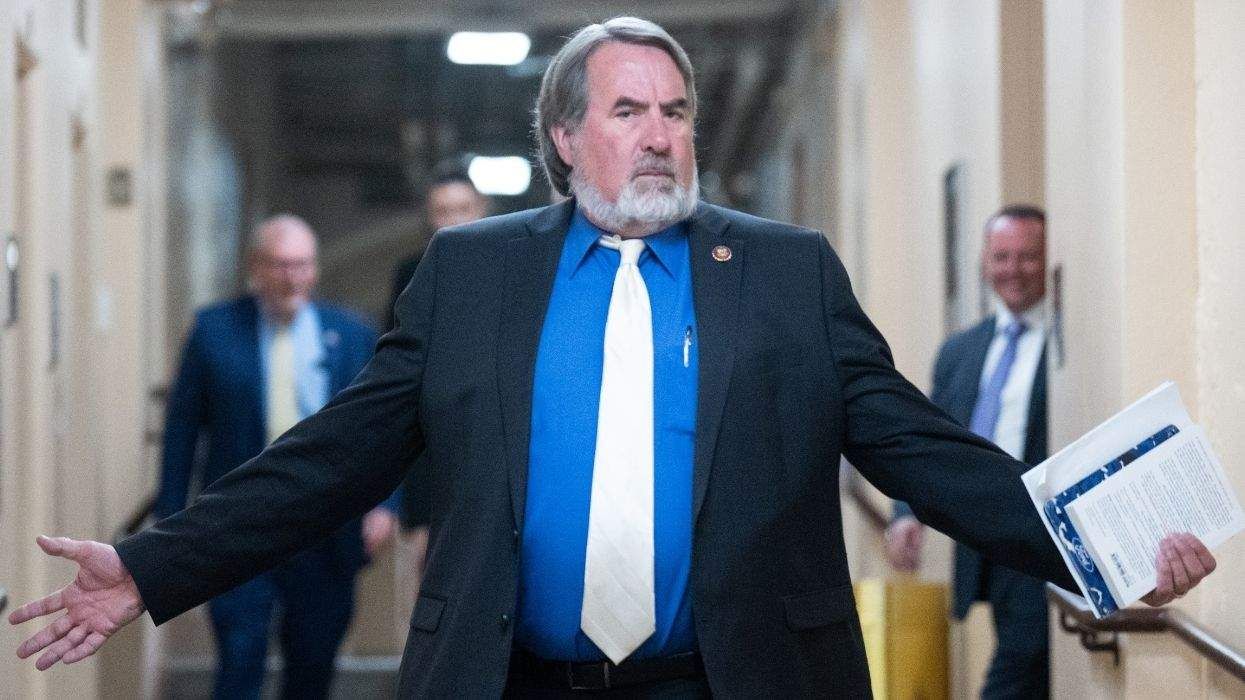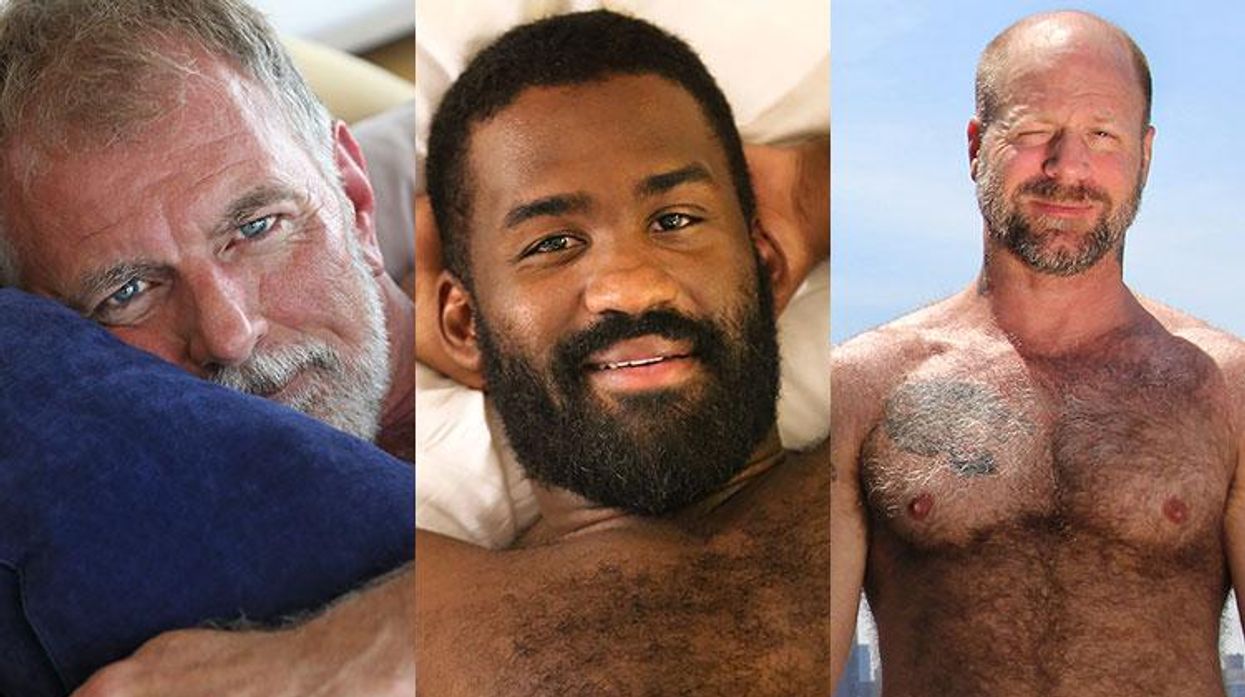
Don't call Kellyanne Conway a feminist -- at least not by her "alternative" definition.
Despite being touted by conservative sites in the wake of Donald Trump's electoral win "as the first woman to run a successful presidential campaign," Conway, counselor to the president, has renounced the term "feminist." One right-leaning website, The Washington Examiner, even went so far after the election as to declare in a headline that Conway "shattered the glass ceiling." Still, speaking at the Conservative Political Action Conference on Thursday, Conway eschewed the term. Instead, she assigned it to women who hate men and who are really psyched about abortions.
Since Conway's definition of the word "feminist" was so deeply skewed by "alternative facts," Merriam-Webster stepped in tweeted the definition of the word, which caused Twitter to erupt in applause for the 150-year-old purveyor of the actual meaning of words.
"Feminism" is defined as "the belief that men and women should have equal rights and opportunities," Merriam-Webster tweeted. Conway equated it with none of those things during her talk at CPAC.
"It's difficult for me to call myself a feminist in the classic sense because it seems to be very anti-male and it seems to be very pro-abortion, in this context," Conway said to a cheering audience. "And I'm neither anti-male or pro-abortion."
Prior to co-opting "feminism" for her own purposes to make it sound dark and nefarious, Conway tried to prove she totally gets millennials by co-opting a no-labels approach that's often applied to sexuality and gender. "This generation, particularly the younger people, don't really like labels," Conway stumbled through saying. "We're not necessarily joiners or liking to label ourselves."
Following its original tweet, Merriam-Webster kept the conversation going by noting a surge in searches for the meaning of the word "feminism."
\u201c\ud83d\udcc8Lookups for 'feminism' spiked today. It's "the belief that men & women should have equal rights and opportunities." https://t.co/Zjf7CAPUjL\u201d— Merriam-Webster (@Merriam-Webster) 1487908408
Later, Conway unwittingly described her mother in feminist terms. Her single mom with agency raised Conway and taught her the value of hard work and caring for one's loved ones. Although she had just fairly described feminist traits, Conway clung to the notion that her mother was not one. She made air quotes around her own term "conservative feminism," which apparently means slamming other feminists by inferring they're whiners.
"I look at myself as a product of my choices, not a victim of my circumstances, and that's really what conservative 'feminism,' if you will, is all about," Conway said. "My mother didn't' feel sorry for herself..."
Watch Conway's comments here. Meanwhile, here's how Twitter reacted to Merriam-Webster's trolling of her.
\u201c@MerriamWebster she can thank a feminist who fought for her right to work & say such stupid things. #feminism\u201d— Merriam-Webster (@Merriam-Webster) 1487868255
\u201c@MerriamWebster *whispers* I love you, Merriam-Webster twitter account.\u201d— Merriam-Webster (@Merriam-Webster) 1487868255
\u201c@MerriamWebster I love how y'all are staying on brand all while being sassy and keeping it real.\u201d— Merriam-Webster (@Merriam-Webster) 1487868255
\u201c@MerriamWebster If I weren't already happily married, I'd propose to you!\u201d— Merriam-Webster (@Merriam-Webster) 1487868255
\u201c@MerriamWebster @altUSEPA it's sad that things have gotten so out of hand that simply quoting a dictionary listing is delivering a burn.\u201d— Merriam-Webster (@Merriam-Webster) 1487868255
\u201c@MerriamWebster @altUSEPA a lot of people internalized limbaugh's feminazi alt definition sadly. Thanks for the attempt at correction\u201d— Merriam-Webster (@Merriam-Webster) 1487868255
\u201c@MerriamWebster savage.\u201d— Merriam-Webster (@Merriam-Webster) 1487868255
















